It’s an understatement that Disney’s reign over the Star Wars empire has been contentious. The Force Awakens went from well liked reboot to symbol of corporate cynicism within a couple of years of its release. The Last Jedi defines the term divisive. The Rise of Skywalker was disliked by just about everyone. The Mandalorian started out beloved before slipping into cultural irrelevancy. Andor is adored by most who watched it, but not that many watched it. Rogue One and Solo have their fans (the former more than the latter), but nobody is holding them up as a patch on what George Lucas did in the ‘70s and ‘80s. And that’s not even touching on the overblown controversies surrounding The Acolyte or Obi-Wan Kenobi.
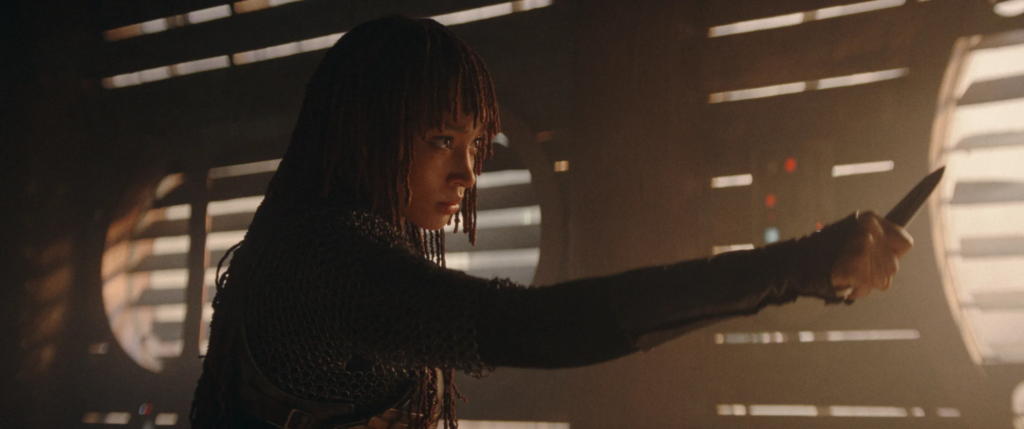
The great promise of a Star Wars renaissance that everyone bought into around 2015 has largely turned out to be a mirage. The new, post-prequels era that literally opened with the line ‘this will begin to make things right’ has, in the eyes of many, done the exact opposite. And while Disney’s products have floundered, the films that they were originally positioned as a corrective to have experienced a renaissance. The once dominant opinion that the Star Wars prequels were a childhood ruining disaster stopped being the cultural consensus some time ago.
This is down to several factors. The kids who grew up with the prequels came of age and got more comfortable admitting how much they loved those movies. The Clone Wars TV show gave new context to the characters and plotlines. Meme culture turned flaws into fondly remembered foibles. As opinions warmed, a broader reappraisal started to happen, celebrating the ambition and inventiveness rather than mocking the awkward comedy and stilted dialogue.
Which begs the question; could the same thing happen to other, similarly derided prequels? See, what isn’t remarked on or discussed as frequently as you might think is that both The Lord of the Rings and Harry Potter, two of the only franchises that could rival Star Wars for popular success, followed in its footsteps with their very own underwhelming prequel trilogies.
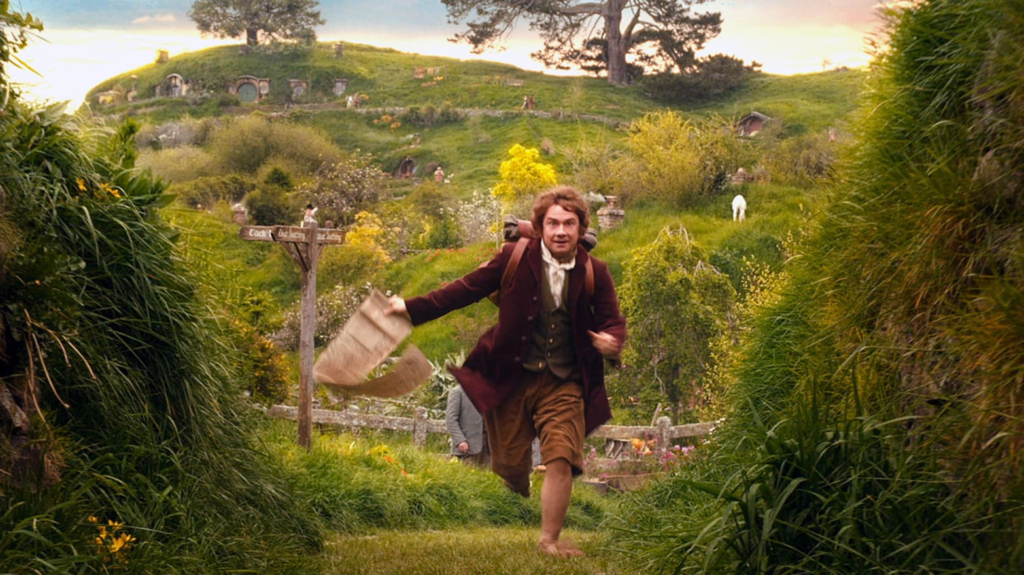
It’s not a one-to-one comparison. The Hobbit films started as a mooted adaptation of J.R.R. Tolkien’s children’s book prelude, ballooned to two films in development and then had a third unceremoniously tacked on during production. The Fantastic Beasts films, meanwhile, were conceived as a five-part series that ended up providing a conclusion after three due to declining box office, a growing pile of controversies surrounding key creatives, and obvious audience apathy.
Neither trilogy lacks for ambition. Peter Jackson tried to expand the story of The Hobbit beyond the relatively childlike fairy tale constraints of the novel into a more epic set up for his Rings films, while the Fantastic Beasts movies built on the tonal and thematic darkness of the latter Potters, with which they shared director David Yates.
But there’s a strong argument that this very ambition accounts for much of how these films were received. The Hobbit trilogy is overflowing with videogame-style action scenes (think the mind-numbing barrel sequence or Legolas running up falling rocks), dwarves breaking into spontaneous songs about somebody they only just met, and plenty of broad, silly humor. All of which might have rankled fans of the darker, grittier Lord of the Rings movies, but was either present in the source material, or was at least largely true to its tone. However, it becomes harder to accept this stuff when we’re also subjected to Lake Town politics, the bureaucratic struggles of the White Council and, in the Extended Editions, graphic scenes of orc heads being turned to pulp by bladed chariot wheels.
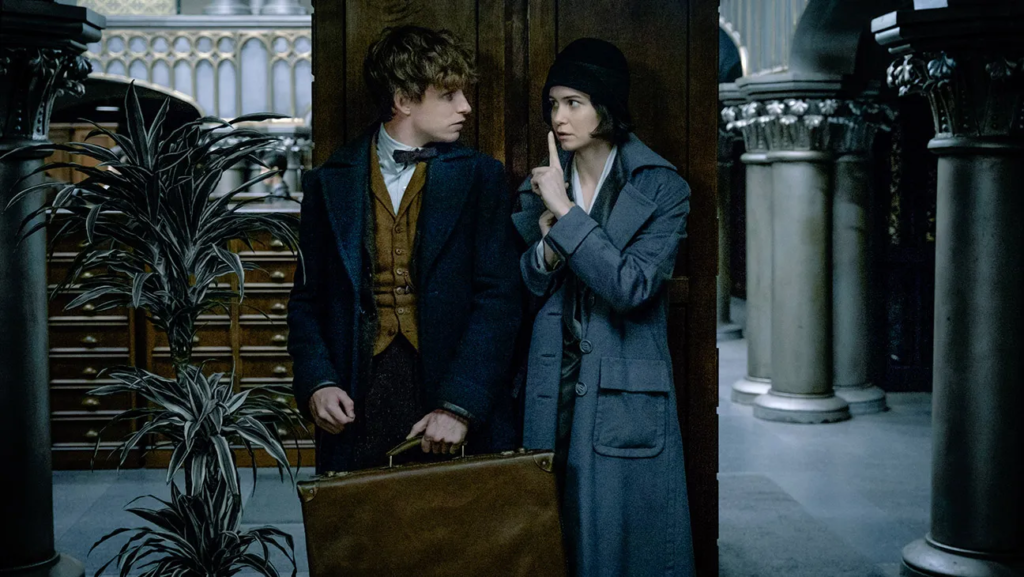
The Beasts movies are even less consistent. For every charming venture into Newt’s creature packed suitcase or jauntily scored scene of magical monster hijinks, there’s Grindelwald ordering the murder of a child, or a convoluted reflection on the rise of wizard fascism. It begs the question of who exactly the films are meant for; older fans who grew up with the originals and might crave something meatier, or a new generation of kids. While you might argue that no ten-year-old is going to be engaged by Grindelwald’s attempts to hoodwink the magic UN by infiltrating the German ministry, critics said the exact same thing about all the senate scenes in the Star Wars prequels and it’s precisely the generation who grew up with them that has spearheaded the reappraisal.
All three trilogies share a creative tension, a sense that what those telling these stories want to do isn’t what the stories themselves more naturally are. Maybe this was part of the problem – returning filmmakers craving the chance to do new things in an old playground.
The lack of risk in modern blockbuster filmmaking has been detrimental to the landscape, so it can sometimes feel counterintuitive to be overly critical to big budget movies that do take wild swings. The relative redemption of the Star Wars prequels proves that it can take time for those risks to pay off. But similarities in foibles don’t guarantee similarities in outcome. Without equivalent time having passed, it’s difficult to judge whether the Hobbit or Fantastic Beasts movies could be met with their own reappraisals, but the early signs don’t point to yes.

If it took a disappointing franchise return to stoke audience fondness towards the Star Wars prequels, then The Lord of the Rings has already had that. It’s rare to find anyone enormously enthusiastic about Amazon’s The Rings of Power, but while that series was met with its fair share of dislike it never felt like anyone was using it as a chance to announce that the Hobbit movies were secretly good all along. It’s true that The Rings of Power is not technically part of Jackson’s franchise, but with Amazon doing everything legally in its power to evoke his movies, your average viewer won’t be aware of that. Plus, the delineation hasn’t remotely halted the angry YouTube comparisons – although interestingly, more to the Rings films than the Hobbit ones.
The Potter franchise, meanwhile, is allegedly rebooting with a multi-season television adaptation of the books, but there aren’t any prominent voices proclaiming this as either the fix that Potter needs or an injustice to the unfinished saga of Newt Scamander. We can’t gauge what effect the series might have on the Beasts films’ legacy until it emerges, but it doesn’t seem like there are strong enough feelings on those movies for general audiences to much care either way.
And that, possibly, is the biggest tell when it comes to how these various trilogies might be evaluated in the future. The Star Wars prequels prompted rage and debate and spitting fury. Did anyone adopt such a hardline position on The Hobbit or Fantastic Beasts? Passion pointed in either direction means there’s been an impact. An impact means something will be remembered and discussed and as long as that remains true there’s always the chance of a different perspective.
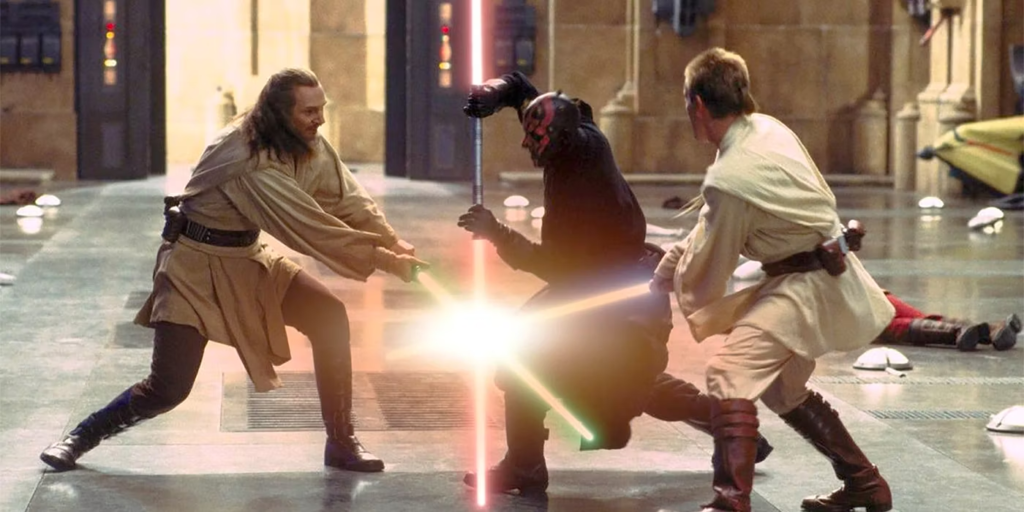
Neither of the two newer prequel series has a Jar Jar Binks or a Palpatine, a Duel of the Fates or an ‘I don’t like sand’. The Star Wars prequels are loaded with moments that are iconic and memorable for both the right and wrong reasons. It’s hard to think of anything in the Hobbit or Beasts movies that might endure in the same way.
This isn’t to suggest that those films aren’t worth discussing. Neither trilogy is quite the cynical brand extension that Disney now specialises in, but nor are they the result of a singular, unfettered creative vision. The Star Wars prequels represented a popular auteur operating without oversight or restriction in his own invented universe. The only real comparison is James Cameron’s ongoing Avatar projects, but those films have never swung as wildly, never hit quite the same dizzying heights or confounding lows of Lucas’ second trilogy.
It’s also worth touching on Ridley Scott’s unfinished Alien prequel series, despite it being a) not a trilogy and b) aimed at a more explicitly adult audience than any of the above franchises. Both Prometheus and Covenant grapple with heady, interesting ideas in often half-baked ways, but the fact that the grapple at all has earned them a burgeoning fan respect. With the upcoming Romulus seemingly promising a ‘back-to-basics’ approach, it could well be that audiences find themselves missing the bolder choices of Scott’s newer films in ways that invite renewed mainstream appreciation.
It’s impossible to argue a case based on something that hasn’t happened yet, but one thing that makes the Star Wars prequels so unique is that what followed them promised a return to what audiences claimed to want but ultimately provided an unflattering comparison between bold-but-flawed filmmaking and a surface-level facsimile of old favorites. Only time – and further franchise entries – can really answer the question of whether a previously derided cycle of movies can find a new appreciation. But it’s fascinating to speculate and in doing so, to question why something might or might not achieve it.
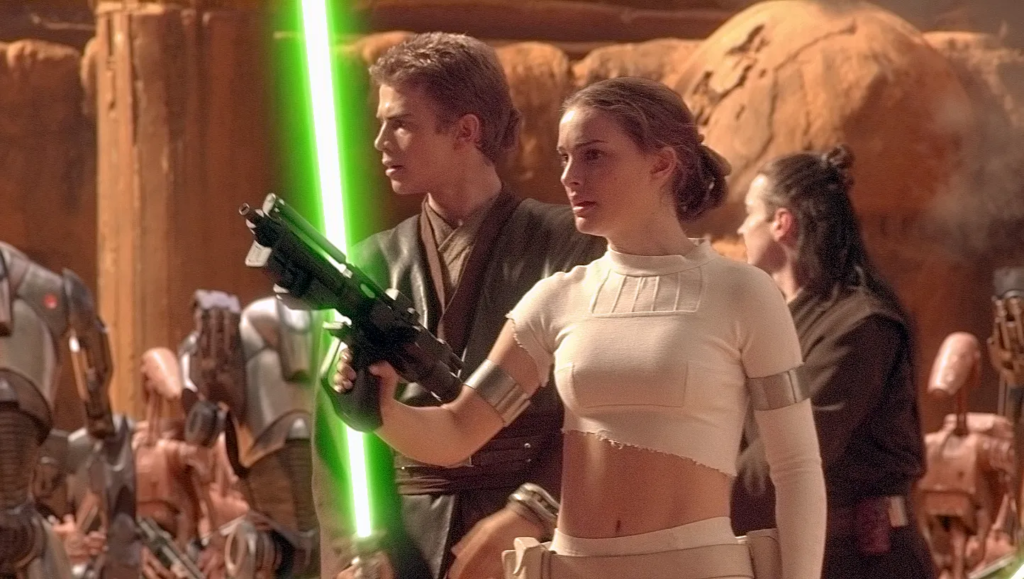
No comparative works really mirror the extremely specific circumstances ofThe Phantom Menace, Attack of the Clones and Revenge of the Sith. It’s unlikely any will ever have the same tortured and tangled journey through popular perception or prompt the same impassioned and divided discussion years after their release. More’s the pity.





